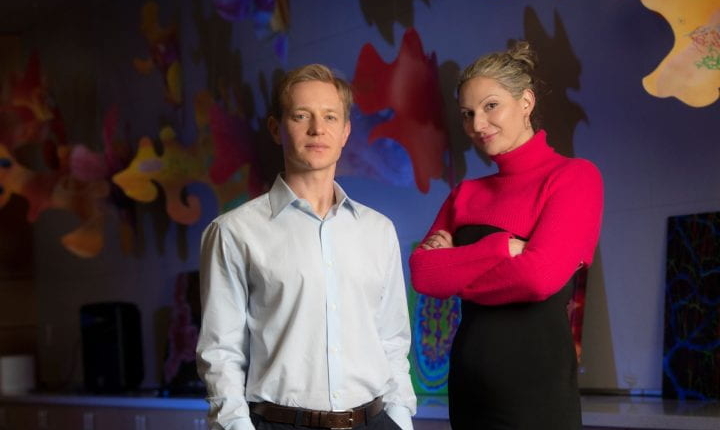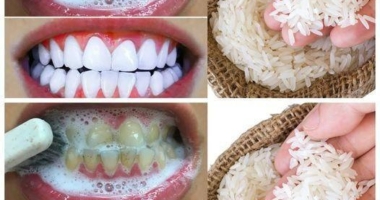UCI researchers, Maksim Plikus and Natasha Mesinkovska, are making significant strides in the field of hair loss research. Although they are tackling the issue from different angles, they have helped make UCI a leader in the field. Mesinkovska’s recent study using artificial intelligence showed that a rheumatoid arthritis drug reversed hair loss in nearly 40% of people with severe alopecia areata. Plikus’s team made headlines last year after discovering SCUBE3, a natural protein molecule that restored hair growth in bald mice. The biotechnology company Amplifica, which Plikus co-founded, is currently exploring the potential of commercializing the breakthrough. Hair loss research funding is scarce, and many treatments available are ineffective, so UCI researchers continue to search for new approaches to hair loss.
The Search for Hair Loss Cures: Leaders in the Field
Natasha Mesinkovska and Maksim Plikus are at the forefront of hair loss research at the University of California, Irvine (UCI). Mesinkovska, an associate professor of dermatology, works on the clinical side, while Plikus, a professor of developmental and cell biology, conducts lab research. Together, they have helped UCI become a leader in the field.
Hair is still largely shrouded in mystery, according to Mesinkovska and Plikus. They don’t know what makes hair curly or straight or what makes eyelashes different from beard hair or ponytail hair. But this hasn’t stopped them from trying to solve the puzzle of hair loss.
A person’s self-image is often tied to their hair, which is why hair loss can have a dramatic emotional impact. However, federal agencies are not prioritizing hair loss research because hair disorders are not fatal. As a result, funding for such studies is scarce.
Mice are the most commonly used laboratory test subjects, but their fur is not affected by testosterone in the same way that human hair is, and their hair is much shorter. Researchers have attempted to grow human hair in petri dishes to get around this issue, but the lab version only lasts a few days.
Plikus has made promising discoveries in his research, including a molecule that revived dormant follicles in mice. However, there is no guarantee that the treatment will have the same effect on human hair.
Despite the challenges, Mesinkovska remains hopeful about the future of hair loss research, stating that “hair is the next frontier.”
UCI Researchers Pursue Novel Approaches to Hair Loss
UCI researchers Maksim Plikus and Natasha Mesinkovska are at the forefront of hair loss research, tackling the issue from different angles. Plikus, a professor of developmental and cell biology, conducts lab research, while Mesinkovska, an associate professor of dermatology, works on the clinical side.
Despite hair being an important part of a person’s self-image, funding for hair loss research is scarce, and many of the treatments available are ineffective. Mesinkovska has conducted research using artificial intelligence, and in a recent study, a rheumatoid arthritis drug reversed hair loss in nearly 40% of people with severe alopecia areata.
Plikus made international headlines last year after his team discovered SCUBE3, a natural protein molecule that restored hair growth in bald mice. Plikus co-founded Amplifica, a biotechnology company, to potentially commercialize the breakthrough. SCUBE3 would be microinjected less than a millimeter beneath a person’s skin, and human trials on the company’s lead compound are expected to begin later this year.
Other researchers, including those at UCI, use computer models based on digitized data from human tissue, which allows for the simulation of hair growth on a computer screen. Attempts to clone or 3D-print new hair have yet to succeed.
One treatment that has shown mixed results is the implantation of laboratory-cultured hair cells in a person’s scalp, but the procedure is expensive and the results only last about nine months.
UCI’s School of Biological Sciences and School of Medicine are playing vital roles in supporting this and other research. To learn more about supporting these activities, visit the Brilliant Future campaign website.
UCI researchers continue to search for new approaches to hair loss, with Mesinkovska’s and Plikus’s efforts paving the way for future breakthroughs in the field.
Don’t miss interesting posts on Famousbio









